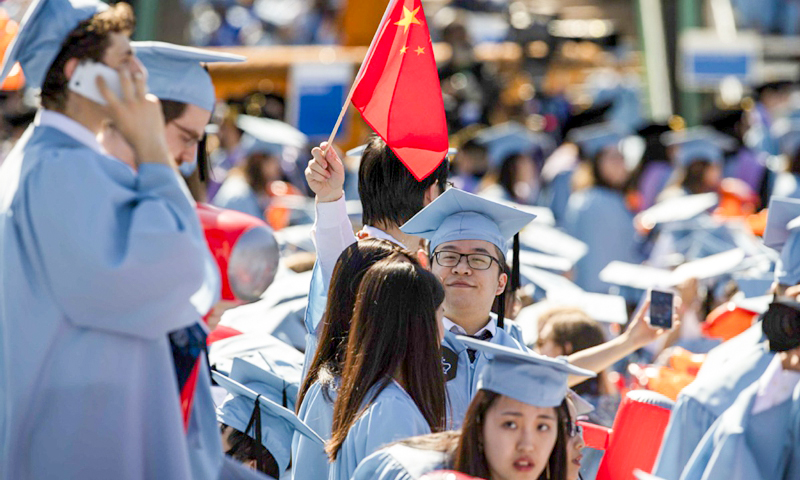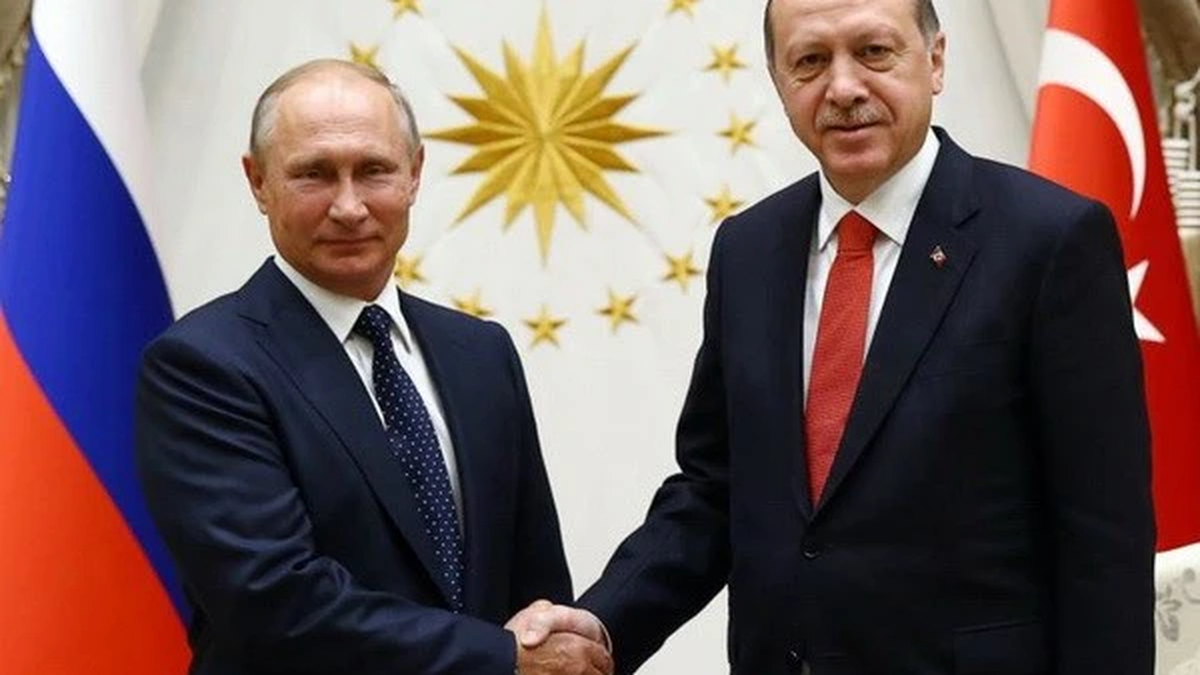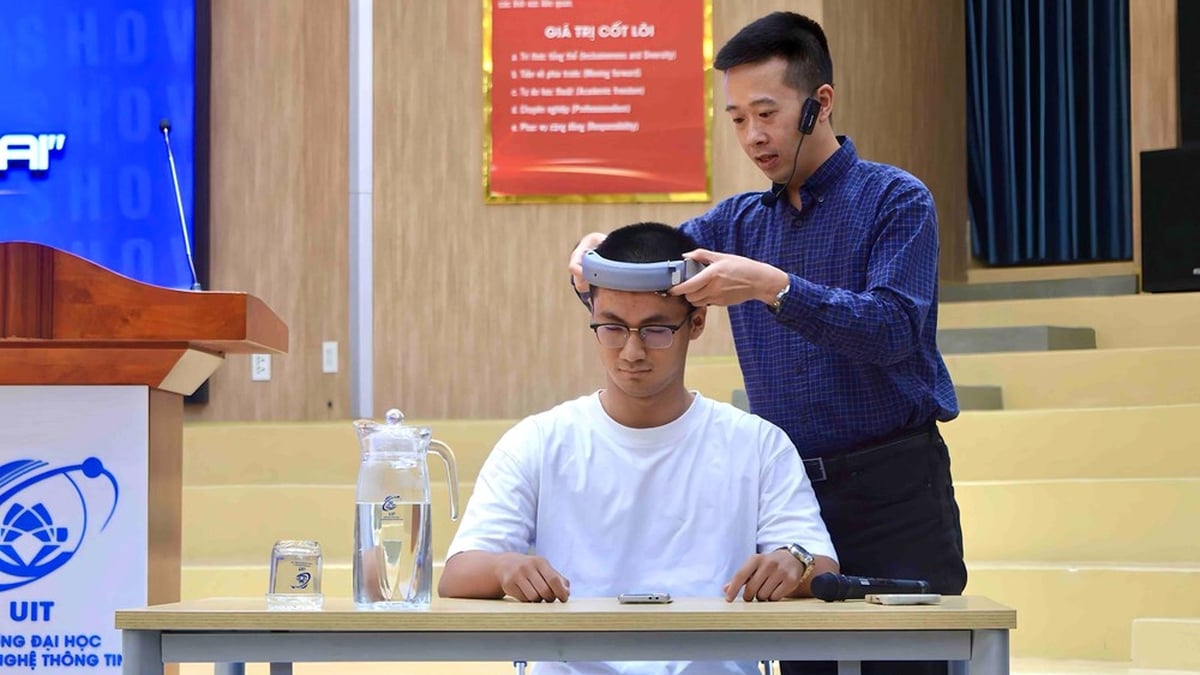Chinese students attend Columbia University's graduation ceremony. Photo: Global Times
The announcement comes as the White House pursues a hardline immigration agenda that includes increased deportations and student visa revocations. If applied to a significant portion of the hundreds of thousands of Chinese students studying at U.S. schools, the move could disrupt a major source of revenue for academic institutions and shrink a critical talent pool for domestic tech companies.
Not stopping there, in a statement titled “New visa policy puts America first, not China,” US Secretary of State Marco Rubio said that the agency he heads under the direction of US President Donald Trump will revise the criteria to increase scrutiny of all visa applications from China and Hong Kong in the future. Previously, Reuters news agency quoted the content of an internal cable revealing that the State Department had stopped issuing new visas to all foreign students and exchange visa applicants until there were guidelines on increased screening of applicants’ social media accounts.
In recent decades, the United States has become a popular destination for Chinese students as an alternative to the fiercely competitive university system at home. Many of them choose to stay after graduation, contributing to America’s research capacity. In addition, according to the US Department of Commerce, international students, with India and China accounting for 54%, will contribute more than $50 billion to the US economy in 2023.
However, the number of Chinese students in the US has fallen from a high of about 370,000 in 2019 to about 277,000 in 2024, partly due to the COVID-19 pandemic crisis, as well as increasing tensions between the world’s two largest economies. As geopolitical competition escalates into what analysts see as a new form of cold war, many US agencies have begun to restrict access to Chinese students to prevent technology transfer. Republicans in the House of Representatives have also viewed ties between US academic institutions and China as a national security threat. Earlier this month, Michigan lawmakers pressured Duke University to end its relationship with Wuhan University in China over concerns about technology transfer.
China may have exploited America’s open research environment to steal intellectual property and fuel espionage, according to Yaqiu Wang, an expert. But Rubio’s announcement is “deeply troubling,” because the broad revocation and blanket ban not only endangers the rights and livelihoods of Chinese students studying and working in the United States, but also undermines China’s longstanding position as a world leader in scientific innovation.
Beyond China, Rubio’s announcement adds to the general uncertainty for international students in the U.S., who face increased scrutiny as the White House seeks to revoke hundreds of student visas for alleged violations of the law, spreading anti-Semitism on campus, and advocating for Hamas in the Gaza war. Last week, the Trump administration even revoked Harvard University’s international student enrollment permit.
Although a federal judge temporarily blocked the move, the “war of words” between the White House and America’s oldest institution of learning continues, with President Trump recently suggesting that the university should set a maximum cap of 15% on the proportion of foreign students enrolled, not 31%. According to him, there are many people who want to study at Harvard and other universities but they cannot enroll because there are too many foreign students. He also specifically requested that this Ivy League university show the government a current list of students from other countries.
MAI QUYEN (According to Reuters, Al Jazeera)
Source: https://baocantho.com.vn/my-bat-dau-thu-hoi-thi-thuc-sinh-vien-trung-quoc-a186971.html





































































































Comment (0)